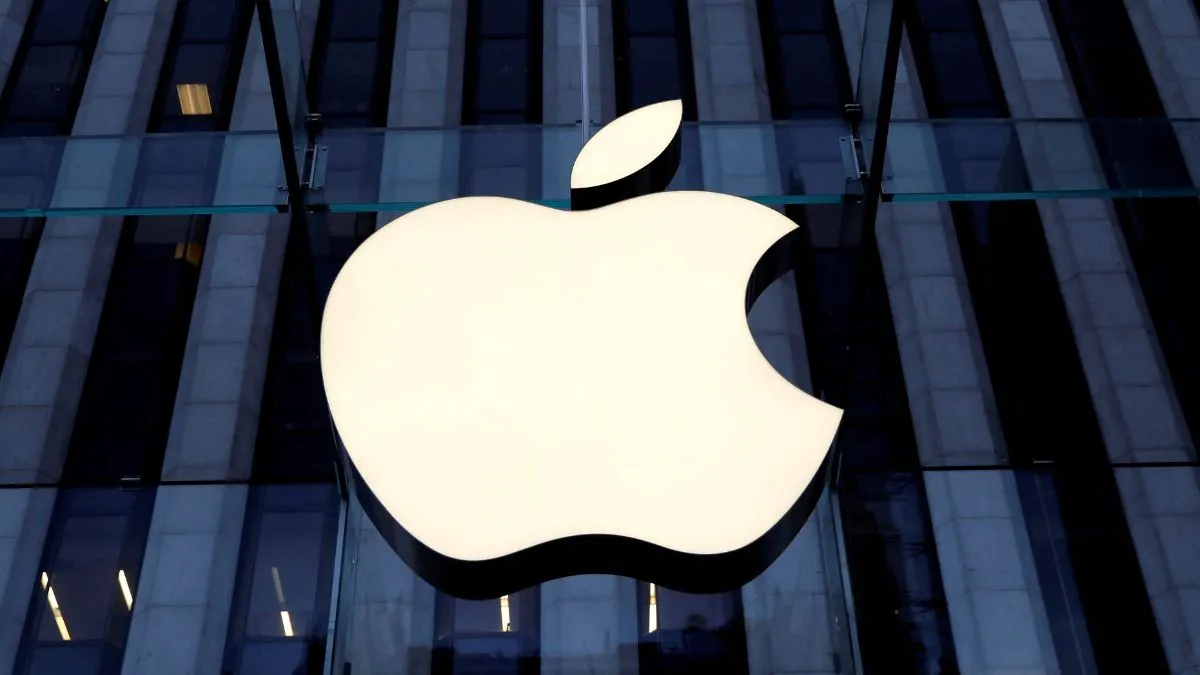Japan’s new Mobile Software Competition Act (MSCA) will require Apple to allow third-party browser engines on iOS starting in December, a move similar to the EU’s Digital Markets Act (DMA) earlier in 2024. This change will enable browsers like Chrome and Firefox to use their engines instead of Apple’s WebKit, which the Japan Fair Trade Commission (JFTC) deems anti-competitive.
Japan joins the EU in challenging Apple’s WebKit monopoly
Apple will soon have to open iOS to third-party browser engines in Japan, ending its long-standing WebKit-only policy. The move comes under Japan’s newly notified Mobile Software Competition Act Guidelines (MSCA), enforced by the Japan Fair Trade Commission (JFTC). Starting in December, browsers like Google Chrome, Mozilla Firefox, Microsoft Edge, and Opera will be able to run their engines, such as Blink and Gecko, without relying on Apple’s WebKit.
Japan Targets Apple’s Alleged Anti-Competitive Practices
The Japan Fair Trade Commission (JFTC) believes Apple’s WebKit-only rule is anti-competitive as it stifles innovation and limits choice for consumers. All browsers permitted on iOS—Chrome, Edge, Opera, and Firefox—must use WebKit even though they are using a different engine on Android or Windows.
Similar Changes Already Live in the EU
Apple was no stranger to the consequences of this rule. Apple first began allowing third-party browser engines almost a year ago when it rolled out the iOS 17.4 update, a move it was forced to make by the Digital Markets Act (DMA) in the EU earlier in 2024. However, Apple dampened the impact it would have by limiting this change to EU regions only, which makes it rather difficult for developers of engines like Gecko, as they no longer have a way forward with getting broader adoption on iOS.
Beyond Browsers: App Store Freedom in Europe
The iOS 17.4 update also brought another major shift for EU users—the ability to download apps from alternative app stores and install them outside the official App Store. While Android users have enjoyed sideloading APK files for years, Apple had previously kept its ecosystem locked.
Apple’s Ongoing Legal Challenges in the US
In the US, Apple continues to face lawsuits over anti-competitive behaviour. The most notable case came from Epic Games, developer of Fortnite, which accused Apple of monopolising in-app payments. A US District Court agreed, ruling that Apple must let developers use other payment methods instead of its system that charges high commissions.
Japan’s new law is another step toward breaking Apple’s tight control over iOS. With both the EU and Japan pushing for open competition, pressure is mounting on the tech giant to make these changes global rather than region-specific.
